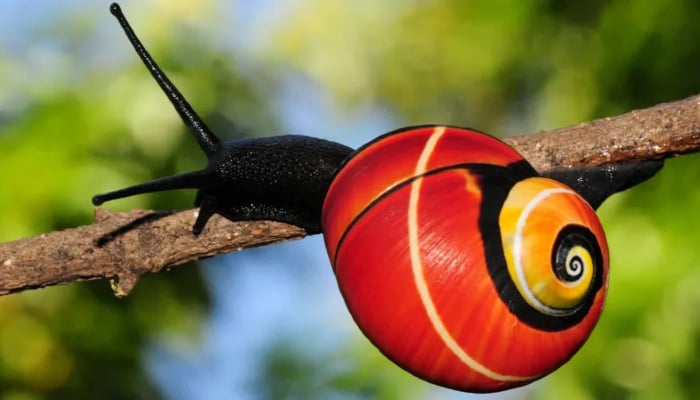
Researchers in Cuba and the UK have begun their efforts to save the most beautiful snails in the world, Polymita.
According to BBC, biologists in Cuba teamed up with specialists from the University of Nottingham in the UK to join hands to save six known species of Polymita to find their secret.
Polymita tree snails are considered the most beautiful snails in the world due to their vibrant colours and exquisitely designed shells.
They are found in the Eastern Cuba forest but are slowly disappearing from their native habitat because of increasing shell trade, putting the snails at risk of extinction.
Prof. Angus Davison, an evolutionary geneticist and mollusc expert from the University of Nottingham, explained, “Their beauty attracts people who collect and trade shells. So the very thing that makes them different and interesting to me as a scientist is, unfortunately, what's endangering them as well.”
“For some of these species, we know they're really quite endangered. So it wouldn't take much (if someone collects them in Cuba and trades them) to cause some species to go extinct," he added.
Several online platforms sell “beautiful” and colourful Polymita shells for hundreds of pounds. One of the sites in the UK offered a collection of seven shells for £160.
The empty shells that were once living animals are used in decorative objects as well as jewellery.
Davison noted that climate change and forest loss are impacting the Polymita snails in Cuba, adding, "You can easily imagine where people collecting shells would tip a population over into local extinction."
Notably, there are several international laws to protect the endangered Plymita snail, but they are hard to implement.
Under the Convention on International Trade in Endangered Species in Cuba, it is against the law to take out snails from their shells; however, it is legal to sell their shells.















